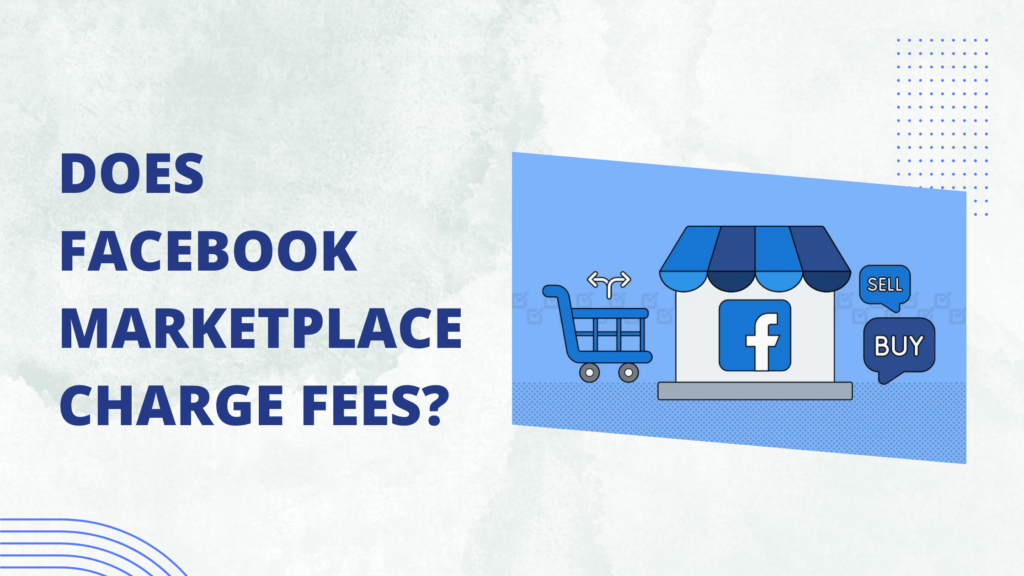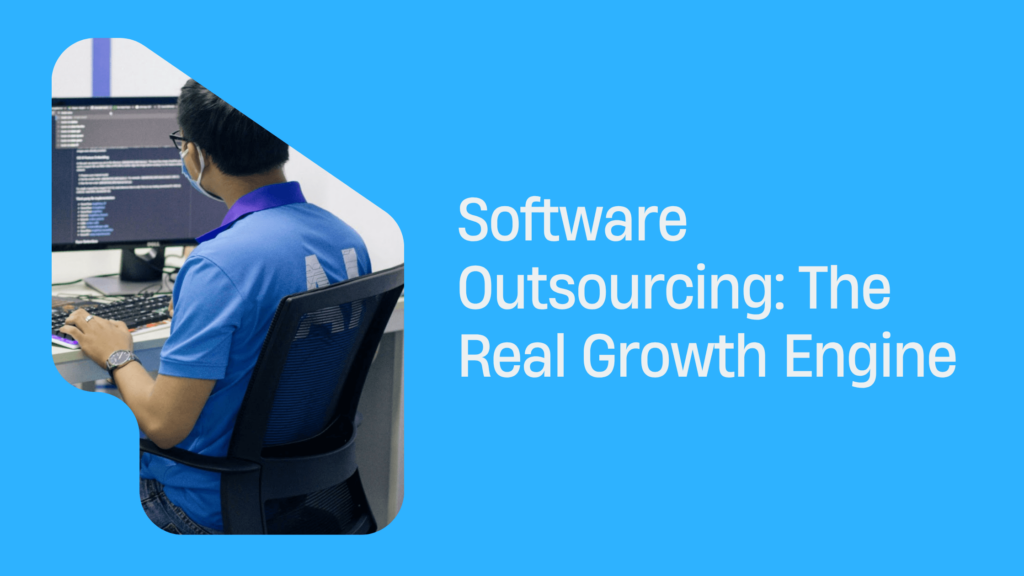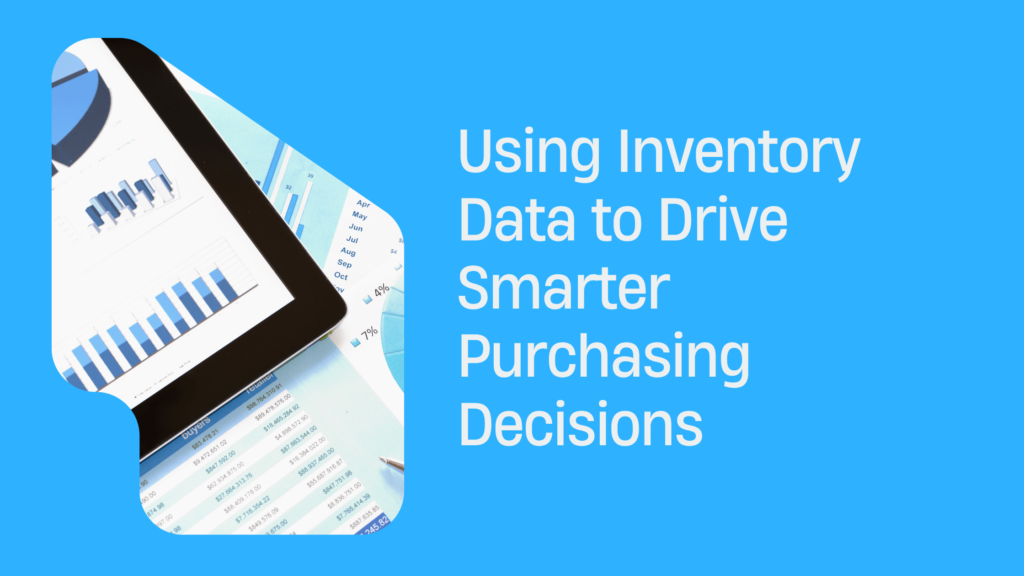Does Facebook Marketplace Charge Fees?
Overview of Facebook Marketplace Fees
Facebook Marketplace is a platform where users buy and sell items. It is specific to certain transactions. When you sell something, Facebook charges users a seller transaction fee. This fee is usually 5% per shipment or a flat fee of $0.40 for items $8.00 or less.
These fees cover costs like payment processing and buyer protection. It’s important to note that Facebook seller transaction fees apply to shipping costs too. Facebook Marketplace and taxes are also connected. Depending on your location, tax may be added to your fees.
So, is Facebook going to charge users for every sale? Yes, but the fees are straightforward and help ensure smooth transactions. Understanding these fees helps you manage your sales better on Facebook Marketplace.
Comparing Facebook Marketplace Fees to Other Platforms
Facebook Marketplace charges a selling fee of 5% per shipment or a flat fee of $0.40 for shipments of $8 or less. This fee covers the cost of payment processing and buyer protection. It’s relatively low compared to other platforms, making Facebook Marketplace an attractive option for sellers.
| Platform | Seller Transaction Fees | Payment Processing Fees | Other Fees | Taxes |
| Facebook Marketplace | 5% per shipment | Included | $0.40 for shipments <$8 | May include local taxes |
| eBay | 10% final value fee | 2.9% + $0.30 per transaction | Listing fees may apply | Sales tax collected based on state laws |
| Amazon | 8%-15% referral fee | Included for professional sellers | $0.99 per item for individual sellers, and $39.99/month for professional sellers | Sales tax collected based on state laws |
| Etsy | 5% transaction fee | 3% + $0.25 per transaction | $0.20 per listing | Sales tax collected based on state laws |
| Poshmark | $2.95 for sales <$15, 20% for sales >$15 | Included | None | Sales tax collected based on state laws |
So when we compare all the platforms, we see that Facebook Marketplace offers competitive fees, especially for small transactions. However, sellers should consider all fees, including payment processing and taxes, to determine the best platform for tier needs.
How Facebook Marketplace Fees Impact Sellers?
- Introduction Fees – Facebook Marketplace introduced fees to cover operational costs. All the sellers must be aware of these charges when listing items.
- Transaction Fees – Facebook seller transaction fees apply to each sale. Typically, a percentage of the sale price is deducted, which impacts the seller’s final earnings. With 46% of global social commerce occurring on Facebook, optimizing pricing strategies is vital to remain competitive.
- Transparent Fees Structure – Facebook charges users with clear, upfront information about fees. Sellers can see these fees before completing transactions. This transparency helps them price items appropriately to cover costs.
- Small Item Sales – For low-cost items, the fees can significantly reduce profits. Sellers need to consider if it’s worth listing these cheaper items.
- Profit Margin Considerations – Sellers need to include fees in their pricing strategy. This helps ensure they keep their desired profit margins after paying the fees.
- Competitive Pricing – Fees can make some items less competitively priced. Sellers need to carefully balance their pricing to ensure they cover the costs of these fees while still making a profit.
- Tax Implications – Facebook Marketplace fees and taxes can differ depending on where you are located. Sellers need to understand their local tax laws and how they impact the fees they pay. It’s crucial to factor in these potential tax costs when setting your prices to ensure that you cover all expenses and maintain profitability.
- Fee Changes – Sellers should stay informed about any changes to Facebook Marketplace fees. Facebook often provides regular updates, which can alter the fee structure. Keeping up with these updates ensures sellers are aware of any new costs that might affect their pricing and profitability.
- Business Planning – Facebook Marketplace fees can affect your overall business profitability. Sellers need to plan their business strategy with these fees in mind. By understanding how the fees impact earnings, you can adjust your pricing and strategy to maintain profitability and ensure your business remains successful.
Tips For Minimizing Fees on Facebook Marketplace
Understand the Fees
- Facebook Marketplace may charge fees for some transactions.
- These are often Facebook seller transaction fees.
- Fees depend on the type of sale and local tax laws.
Set a Competitive Price
- Price your items competitively to cover any fees.
- Consider the total cost when setting prices.
- Account for Facebook’s fees and taxes in your pricing strategy.
Use Local Transactions
- Opt for local transactions whenever possible.
- Local sales may avoid some transaction fees.
- Meet buyers in person to avoid shipping fees.
Offer Direct Payment Methods
- Use payment methods that avoid extra fees.
- Consider cash or direct bank transfers.
- Avoid payment services with high transaction fees.
Avoid Shipping Fees
- Offer items that buyers can pick up locally.
- If shipping is necessary, include shipping costs in the price.
- Avoid shipping fees by clearly stating pickup options.
Check for Updates
- Regularly check for updates on Facebook Marketplace fees.
- Facebook charging users may change over time.
- Stay informed about any fee adjustments or changes.
Keep Records
- Maintain clear records of your transactions.
- Monitor fees and report discrepancies if needed.
- Track Facebook marketplace and taxes for accurate accounting.
Review Facebook Policies
- Familiarize yourself with Facebook’s fee policies.
- Ensure compliance to avoid unexpected charges.
- Read the terms of service to understand how fees are applied.
Breakdown of Fee Structure for Different Categories on Facebook Marketplace
Facebook Marketplace charges fees based on the type of transaction and category. Most listings are free but transaction fees apply when payments are processed through Facebook. You should also be careful of the local taxes and fees that may also apply. Here is the breakdown of the fee structure of different categories on Facebook Marketplace.
General Marketplace Listings
- Fee Structure – For most items, Facebook Marketplace does not charge a listing fee. You can post items for sale without any initial cost.
- Facebook Seller Transaction Fees – If you make a sale, Facebook charges a seller transaction fee. This fee is typically 5% of the sale price or a minimum of $0.40 per transaction.
- Tax Considerations – Facebook marketplace and taxes depend on your location. Some regions may require sellers to pay sales tax, which Facebook includes in the transaction fees.
Vehicles
- Fee Structure – Listing vehicles on Facebook Marketplace is generally free. There are no upfront costs for posting a car for sale.
- Transaction Fees – If you use Facebook’s payment system for vehicle sales, standard seller transaction fees apply. The fees are similar to those for general marketplace listings, around 5% of the sale price.
Real Estate
- Fee Structure – Facebook does not charge for listing real estate properties on the Marketplace. Listings for houses or apartments are free.
- Transaction Fees – Real estate transactions typically don’t involve Facebook’s payment system. Therefore, there are no additional transaction fees directly from Facebook. However, local real estate rules and taxes may apply.
Services
- Fee Structure – Listing services on Facebook Marketplace is free. You can advertise services like tutoring or repair work without a listing fee.
- Transaction Fees – If payments are processed through Facebook’s platform, standard seller transaction fees apply. These are around 5% per transaction.
Digital Products
- Fee Structure – Listing digital products, like software or e-books, is free on Facebook Marketplace.
- Transaction Fees – Facebook seller transaction fees apply when selling digital products. Fees are typically 5% of the sale price.
How to Calculate Your Total Fees on Facebook Marketplace?
Firstly, we have to understand the basics. We know that Facebook Marketplace charges sellers a transaction fee which is the percentage of the total sale price including the shipping and taxes. Next, we have to figure out how we can calculate the transaction fee. First, we have to determine the sale price of the item. Next, we have to include any shipping costs the buyer pays. Then we will add applicable taxes to the total amount.
Example Calculation
- Item price – $50
- Shipping cost – $5
- Taxes – $3
- Total sale amount – $58
- Transaction fee – 5% of $58 = $2.90
We also have to include the additional costs like packaging and shipping material and any optional promotional fees if you choose to boost your listing.
Consider Local Taxes
Facebook may charge users local taxes based on their location. These taxes are added to the final price and can affect your total earnings.
Here is a step-by-step calculation
- List Item Price – Start with the price you listed for the item.
- Add Shipping Cost – Include any shipping fees charged to the buyer.
- Calculate Taxes – Add the applicable sales taxes.
- Apply Transaction Fee – Multiply the total by Facebook’s transaction fee percentage (typically 5%).
- Subtract Fees – Subtract the transaction fee from the total sale amount to find your net earnings.
Here is an example breakdown
- Item price – $100
- Shipping cost – $10
- Taxes – $8
- Total sale amount – $118
- Transaction fee – 5% of $118 = $5.90
- Net earnings – $118 – $5.90 = $112.10
Monitor Fees
Regularly check your Facebook Marketplace account for fees updates and understand that Facebook is going to charge users these fees consistently.
Calculating your total fees on Facebook Marketplace involves adding the item price, shipping, and taxes, and then applying the transaction fee. Accurately calculating fees ensures you know your net earnings from each sale.
Pros and Cons of Facebook Marketplace Fees for Small Businesses.
Facebook Marketplace offers a cost-effective way for small businesses to reach a large audience. Understanding the pros and cons including the Facebook seller transaction fees and tax handling is crucial. This will help businesses make informed decision-making and maximize their success on the platform.
Pros
- Low Fees – Facebook seller transaction fees are generally lower than other platforms. This makes it affordable for small businesses to sell their products.
- Large Audience – Facebook Marketplace has a vast user base. This gives small businesses access to a large potential customer base without high advertising costs.
- Easy Setup – Setting up a shop on Facebook Marketplace is simple. Small businesses can start selling quickly without needing extensive technical knowledge.
- Integrated with Facebook Ads – Businesses can easily promote their products using Facebook Ads. This integration helps reach a targeted audience and boost sales.
- Local Sales – Facebook Marketplace is great for local transactions. Small businesses can connect with nearby customers, reducing shipping costs and time.
- No Listing Fees – Facebook does not charge users for listing items. Businesses only pay transaction fees when they make a sale, reducing upfront costs.
Cons
- Transaction Fees – Although lower, Facebook charges users a transaction fee on each sale. These fees can add up for businesses with high sales volume.
- Tax Handling – Facebook Marketplace and taxes can be complicated. Businesses must understand local tax laws and how they apply to their sales on the platform.
- Limited Support – Customer support from Facebook Marketplace can be limited. Businesses might face challenges in resolving issues quickly.
- Market Competition – A large audience also means high competition. Small businesses need to stand out among many sellers to attract customers.
- Privacy Concerns – Selling on Facebook requires sharing some business information. Privacy concerns may arise for businesses and their customers.
- Feature Limitations – Facebook Marketplace lacks some advanced features found on other ecommerce platforms. This can limit business growth and scalability.
Changes in Facebook Marketplace Fees Over the Years
Facebook Marketplace has evolved significantly since its launch. Initially, it was a free platform where users could buy and sell items without any charges. This attracted many sellers, as they didn’t have to worry about fees cutting into their profits. However, as the platform grew, Facebook started to introduce fees to improve services and ensure safety.
In the beginning, Facebook did not charge users for listing items. Sellers could list and sell products without paying any transaction fees. This made Facebook Marketplace a popular choice compared to other platforms with higher fees.
As the platform expanded, Facebook to charge users became necessary. They introduced Facebook seller transaction fees to cover operational costs and improve user experience. These fees helped Facebook maintain the platform, implement security measures, and offer better customer support.
Initially, the fees were minimal and only applied to certain categories like shipping fees for items shipped through Facebook. Over time, the fees expanded to cover more transaction types. Sellers began paying a small percentage of the sale price as a fee. This was to ensure the platform’s sustainability and improve the overall service.
In recent years, the fees have become more structured. Facebook charges a standard selling fee of 5% per shipment or a flat fee of $0.40 for shipments of $8.00 or less. This change was to streamline the fee structure and make it easier for sellers to understand their costs. These fees help cover payment processing, security, and customer support.
Another change has been the introduction of the Facebook Marketplace and taxes. Depending on local laws, Facebook may collect taxes on transactions. This ensures compliance with tax regulations and provides a better buying and selling experience.
How to Maximize Profits Despite Facebook Marketplace Fees
Facebook Marketplace is a great platform for selling items, but it’s important to consider the fees involved. Facebook charges users a 5% seller transaction fee on each sale. While this fee can affect your profits, there are several strategies to maximize your earnings despite these costs.
- First, factor the fees into your pricing. When setting your prices, include the 5% transaction fee to ensure you maintain a healthy profit margin. For example, if you want to make $100 from an item, price it at around $105 to cover the fee.
- Second, sell high-demand items. Research what products are currently popular and have high resale value. Items in high demand tend to sell faster and at better prices, offsetting the impact of fees.
- Third, optimize your listings. Use clear, high-quality photos and detailed descriptions to attract buyers. The more appealing your listing, the quicker it will sell, reducing the time your item is listed and the potential for price drops.
- Fourth, take advantage of local sales. For local transactions, you can meet buyers in person, avoiding shipping costs and making the 5% fee the only cost you incur. This is particularly beneficial for large or bulky items.
- Fifth, bundle items. Selling items in bundles can increase the overall value of the transaction while minimizing the impact of fees. For instance, selling a set of books or a collection of kitchenware together can attract buyers looking for deals.
- Sixth, be aware of taxes. Facebook marketplace and taxes can affect your overall earnings. Keep track of any sales tax requirements in your area and include them in your pricing strategy.
- Lastly, provide excellent customer service. Positive reviews and ratings, especially on platforms like Google Reviews, can boost your reputation, leading to more sales and potentially higher prices. Happy customers are more likely to return and recommend you to others, increasing your sales volume.
By implementing these strategies, you can effectively manage Facebook seller transaction fees and maximize your profits. Even though Facebook charges users fees, with careful planning and smart selling practices, you can ensure your business remains profitable on the platform.
Facebook Marketplace Fees FAQs
What is the tax rate for Facebook ads?
The tax rate for Facebook ads varies by location. Facebook may charge users based on local tax laws. Check your local regulations to know the exact rate. Facebook Marketplace and taxes can differ similarly.
How do I avoid Facebook Marketplace fees?
To avoid Facebook Marketplace fees, arrange transactions off-platform. Meet buyers locally and accept cash payments. Remember, Facebook Marketplace and taxes still apply. Facebook is going to charge users for online transactions.
Do Facebook advertising fees include tax?
Yes, Facebook advertising fees may include tax. It depends on your location and local tax laws. Facebook charges users based on these laws. Check your billing for specifics on the Facebook marketplace and taxes.



